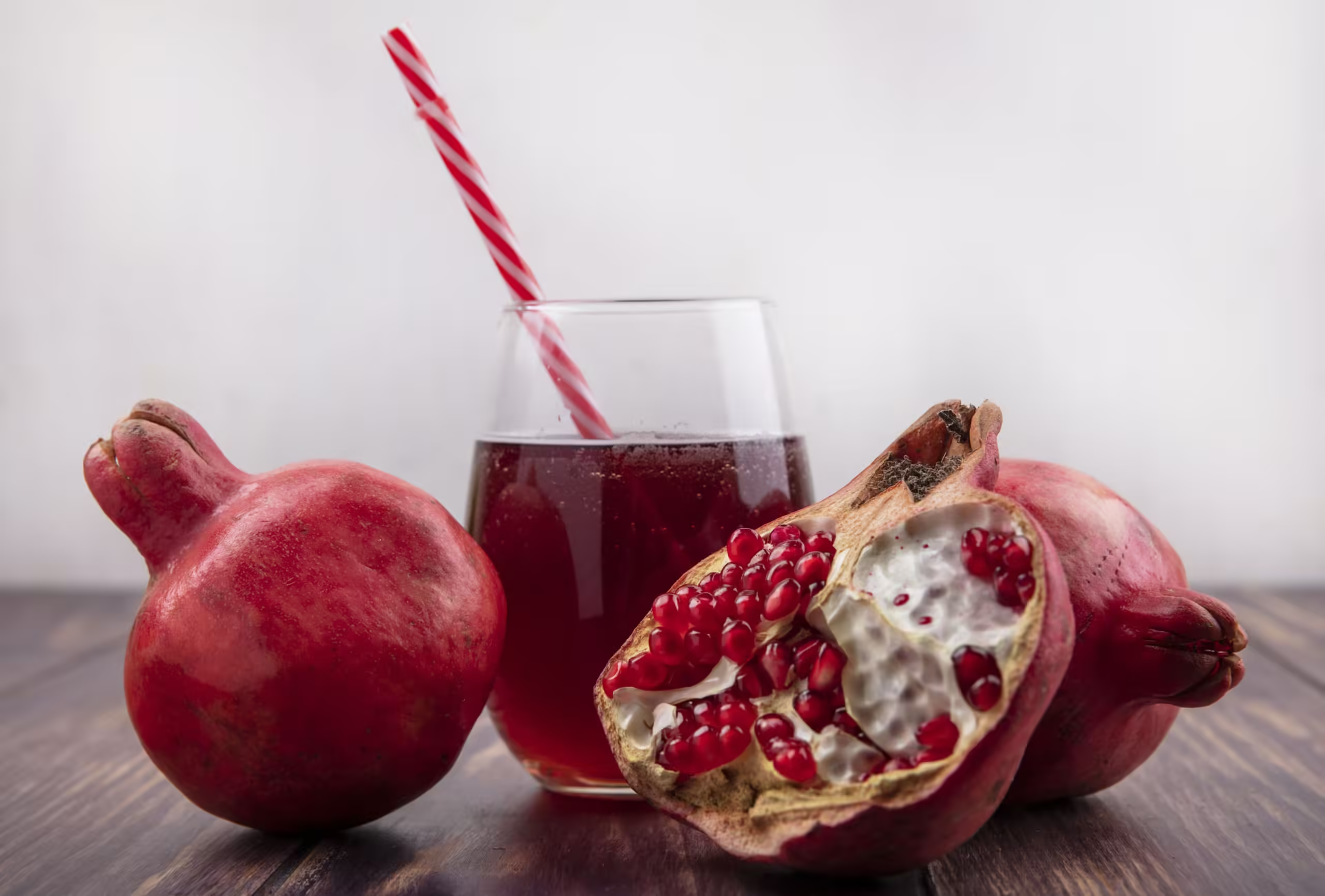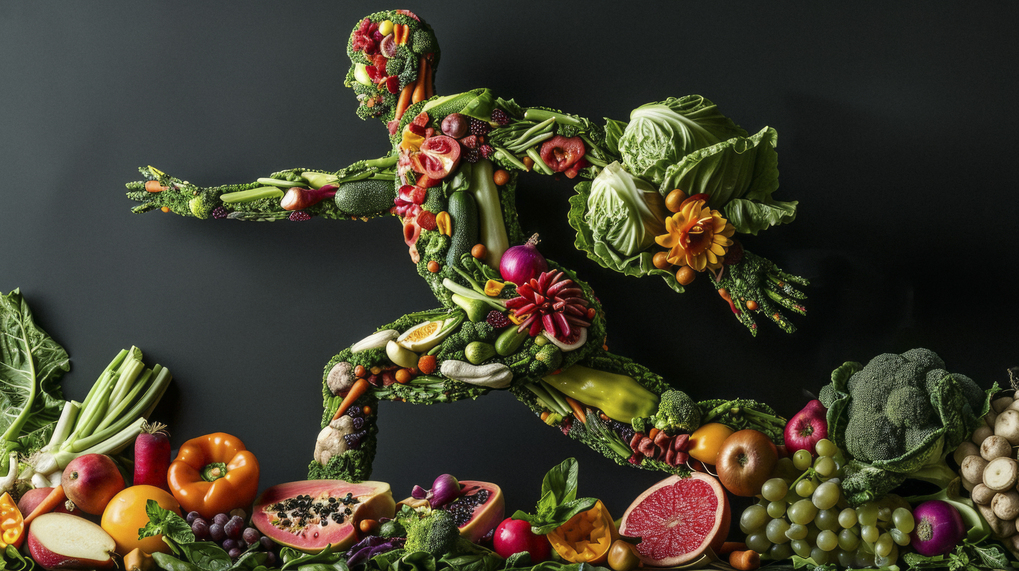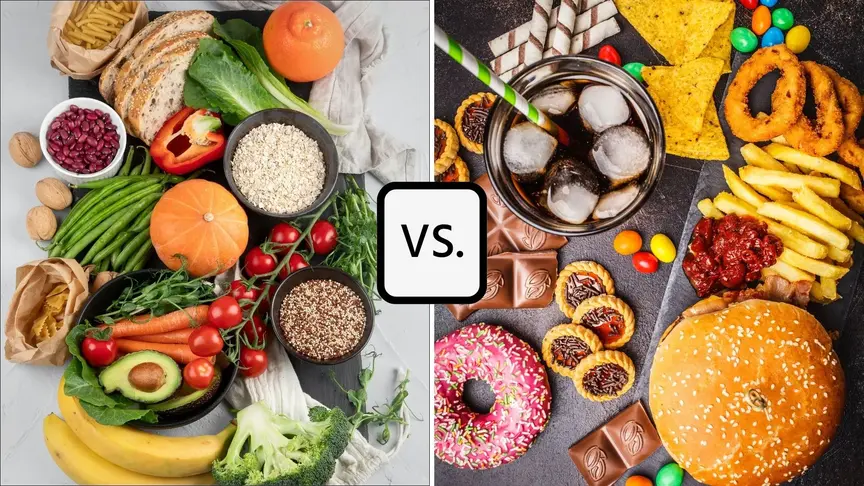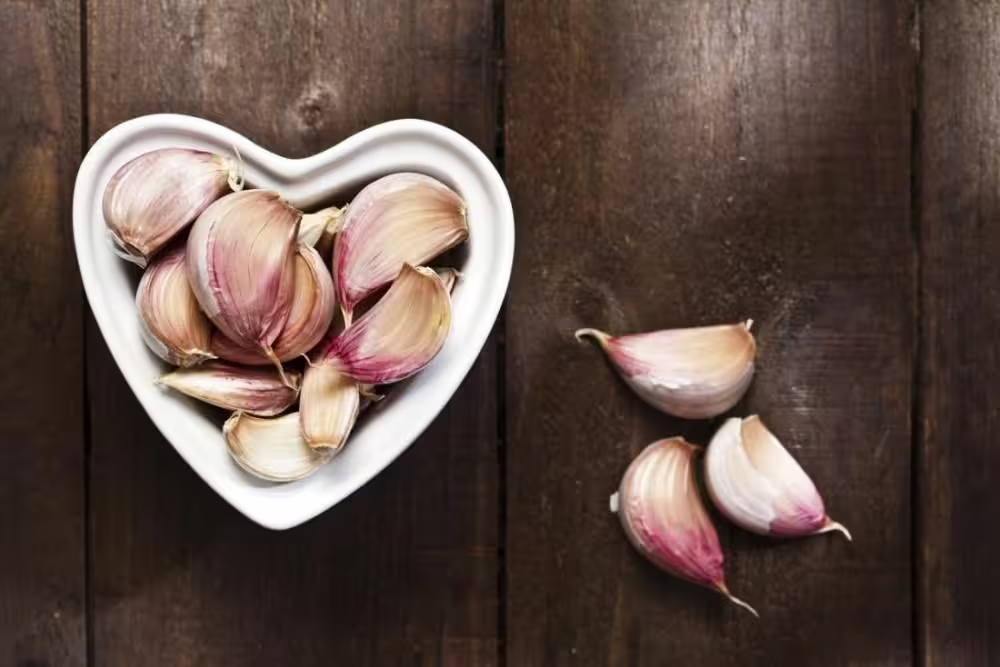Prune juice, a beverage made from dried plums (Prunus domestica L), is a familiar sight on grocery store shelves. Primarily known for its laxative effect, prune juice has been a popular home remedy for constipation for generations.
while research on the full range of prune juice’s health benefits is ongoing, there’s more to this dark liquid than meets the eye. Studies show that whole prunes offer a variety of health advantages, including supporting bone health and a healthy gut microbiome. While research specifically on prune juice is limited, it’s a good source of several vitamins and minerals and may also possess some antioxidant properties.
Prune Juice & Constipation.
Constipation is a common issue, affecting about 16% of adults under 60 and a staggering 33% of those over 60. It’s characterized by infrequent bowel movements (less than three per week), hard or lumpy stools, difficulty passing stool, or a feeling of incomplete elimination. This is why much of the research on prune juice focuses on its ability to alleviate chronic constipation.
The combination of sorbitol, fiber (especially pectin), and polyphenols in prune juice may offer a unique solution for relieving constipation. Sorbitol, a sugar alcohol, is a natural type of carbohydrate that increases water absorption in the gastrointestinal (GI) tract. This extra fluid helps to facilitate the movement of food through the digestive system, thereby alleviating constipation.
Beyond its water-drawing abilities, prune juice packs a double punch with fiber and polyphenols. Fiber, a well-known constipation fighter, helps food move smoothly through the digestive tract. It also acts like a bulking agent, giving stool more volume for easier passage. Polyphenols, nature’s antioxidant and anti-inflammatory warriors, may play an additional role. Some research suggests they might improve the gut microbiota, the diverse community of bacteria that keeps your digestive system functioning optimally. This potential boost to gut health could further contribute to prune juice’s effectiveness against constipation.
Another study investigated the impact of prune juice on digestive issues. Involving 54 volunteers with an average age of 44, the research followed a simple format. After a week of maintaining their typical diet (baseline), participants consumed 125 milliliters (roughly 4 ounces) of prune juice twice daily for two weeks. This was followed by another week without prune juice.
Throughout the entire four weeks, participants diligently tracked their bowel movements. They recorded details like frequency, difficulty, stool consistency, and any digestive symptoms they experienced. Interestingly, during the two weeks when they consumed prune juice, they reported a decrease in the number of days they struggled with passing stool. However, a trade-off emerged – they also reported experiencing more gas during this period.
Prune Juice & Blood Pressure
Elevated blood pressure poses a hidden danger, quietly elevating the chances of heart disease and stroke, the top causes of death in the United States. Thankfully, making adjustments to one’s lifestyle and diet can assist in managing blood pressure. It is worth noting that there is evidence indicating that prune juice could potentially be beneficial in this regard.
A previous study investigated the impact of prunes and prune juice on pre-hypertension. Over the course of eight weeks, individuals with pre-hypertension were given either prune juice or soaked prunes in different quantities. A control group consumed only water. The findings were fascinating: those who ingested a single serving of prunes or prune juice saw a notable reduction in blood pressure. However, the double serving only affected the systolic pressure. Although prune juice may have potential in promoting heart health, further research is necessary to validate its specific role in regulating blood pressure.
Prune Juice & Other Health Benefits
Opting for prune juice may provide you with some of the health benefits that come with consuming whole prunes. This fruit is loaded with phenolic compounds that possess anti-aging, anti-inflammatory, and antioxidant properties. Furthermore, prune juice is a great way to get essential vitamins and minerals, including potassium and vitamin C, that are important for maintaining good health.
It’s important to note that there is limited research on prune juice, so the benefits mentioned may not be fully confirmed. However, some health benefits of prunes that could also apply to prune juice include:
• Supporting a healthy gut microbiome
• Boosting bone health
• Lowering cholesterol
• Offering protection against diseases like heart disease and type 2 diabetes
Nutrition Facts of Prune Juice
Opting for prune juice may provide you with some of the health benefits that come with consuming whole prunes. This fruit is loaded with phenolic compounds that possess anti-aging, anti-inflammatory, and antioxidant properties. Furthermore, prune juice is a great way to get essential vitamins and minerals, including potassium and vitamin C, that are important for maintaining good health.
It’s important to note that there is limited research on prune juice, so the benefits mentioned may not be fully confirmed. However, some health benefits of prunes that could also apply to prune juice include:
• Supporting a healthy gut microbiome
• Boosting bone health
• Lowering cholesterol
• Offering protection against diseases like heart disease and type 2 diabetes
In just one cup of 100% prune juice, you’ll find: 176 calories, 0g fat, 10mg sodium, 43g carbohydrates, 2.5g fiber, 0g added sugar, 1.5g protein, 3mg iron (16% DV), 685mg potassium (14.5% DV), and 10mg Vitamin C (11% DV).
Prune juice offers a healthy supply of vitamins and minerals, including iron, potassium, and vitamin C.
Essential for overall health, iron is a mineral that is crucial for the body. It is a component of enzymes and proteins, including hemoglobin, which is responsible for carrying oxygen to cells.
Potassium is a multipurpose super hero for your health, not simply a mineral. This vital electrolyte is necessary to maintain healthy neuron and muscle function as well as heart rate regulation. Still, that’s not all! As a cellular gatekeeper, potassium regulates the flow of nutrients into and out of your cells to make sure they get what they need and get rid of waste. Moreover, the detrimental effects of sodium on blood pressure might be somewhat offset by a diet high in potassium.
Antioxidant and vital vitamin C is critical for boosting immune system performance and encouraging healing. Additionally, it supports strong connective tissue, bones, and skin.
Additionally, prune juice has less vitamin K, which is good for bones.
Prune Juice & Risks
In general, prune juice is regarded as safe. Regrettably, consuming high amounts of prune juice may have laxative effects, which might lead to stomach issues like gas or diarrhea.Two Add prune juice and other high-fiber foods to your diet gradually in moderate amounts to help prevent or minimize this.
Acrylamide, a substance produced when carbs are cooked, is also present in prune juice. Twenty Acrylamide is one of the chemicals that the International Cancer Research Center (ICRC) believes may cause cancer in people.
An eight-ounce glass of prune juice could provide about the same amount of acrylamide as french fries, which are the main source of acrylamide in meals for the general public. This is according to an earlier analysis of evidence.
Prune Juice related Tips
A serving of fruit is equivalent to one cup of 100% prune juice. The recommended daily intake of fruit is determined by your age, sex, height, weight, level of physical activity, and if you are nursing or pregnant. A non-breastfeeding, non-pregnant individual should strive for two servings of fruit every day, based on 2,000 calories.
Prune juice is good on its own or combined with other beverages and snacks. Here are some suggestions:
• Incorporate into shakes
• Add it to sweet or savory cooking sauces;
• Use it to make a mocktail with sparkling water and ingredients like ginger and fresh herbs.
• Incorporate it into sweet or savory cooking sauces.
Final Words
Prune juice has been found to alleviate constipation and provide additional benefits, such as better blood pressure and gut health. It is rich in various vitamins and minerals, including potassium and vitamin C. However, some individuals may experience digestive symptoms, such as gas, after drinking prune juice. If you are uncertain about the appropriate amount of prune juice for your needs and goals, consult your healthcare provider.




